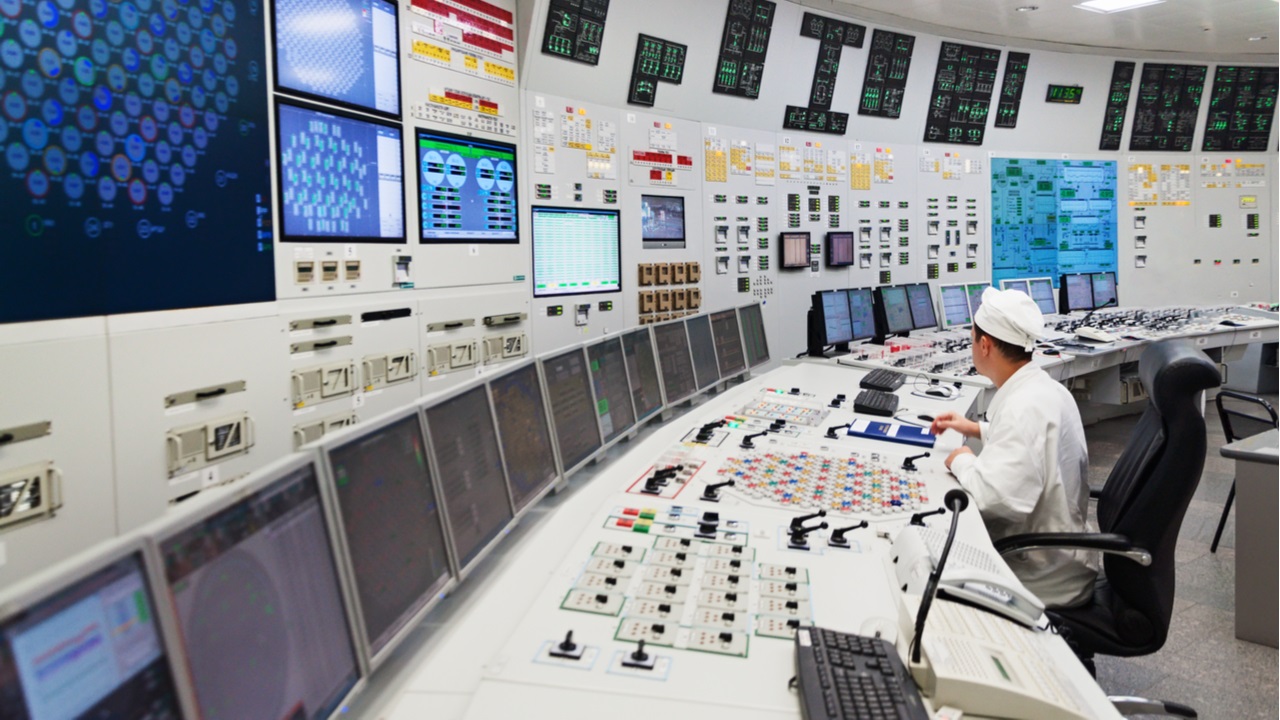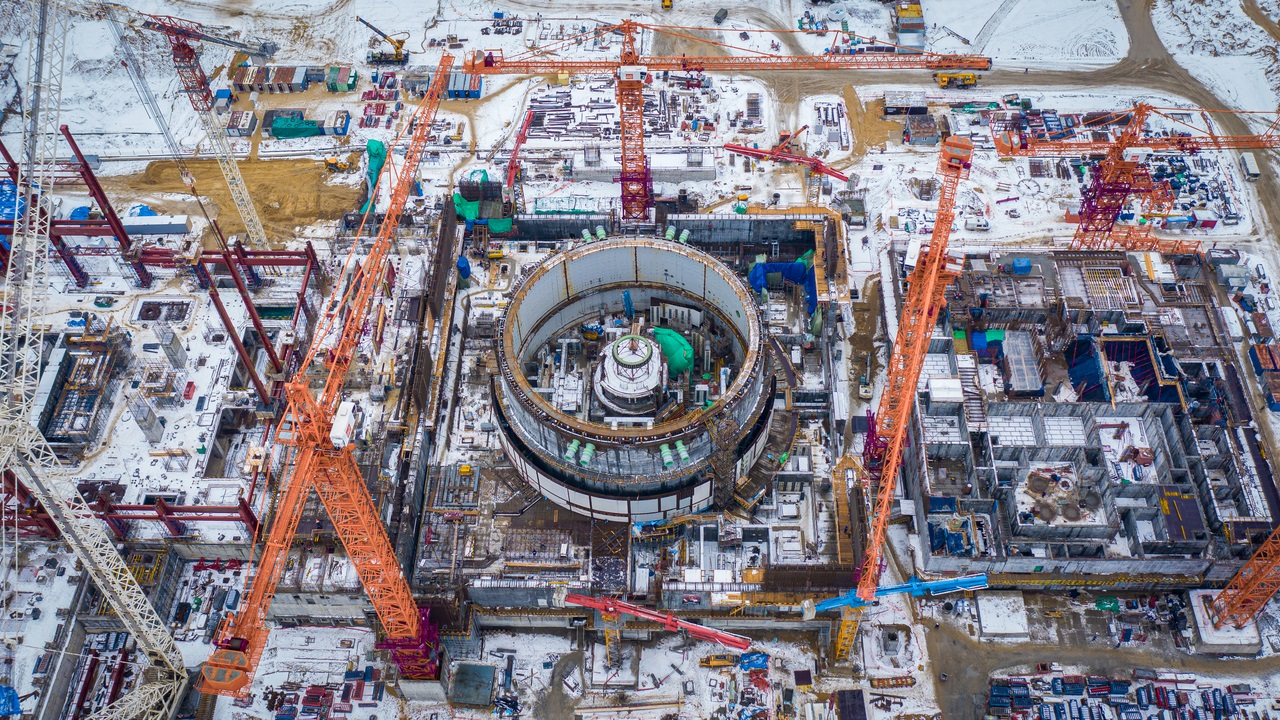
The government in Kazakhstan is considering building a nuclear power plant to overcome an electricity deficit allegedly caused by the booming crypto mining industry. Problems with power supply are driving away miners that saw the Central Asian country as a new home when China recently cracked down on the industry.
NPP Project Revived Amid Short Supply of Energy for Crypto Mining Sector in Kazakhstan
Authorities in Kazakhstan are now thinking of implementing a decade-old plan to construct a nuclear power plant (NPP) in order to solve the country’s pressing issues with a growing electricity deficit. With capped tariffs and a crypto-friendly attitude, the former Soviet republic attracted a throng of Chinese miners chased away by Beijing’s offensive against the crypto industry launched in May of this year. However, some of them are now leaving the country as their hardware is idling.

Two locations are currently under consideration as potential sites for a nuclear station, Kazakhstan’s Energy Minister Magzum Mirzagaliev revealed this week. These are the village of Ulken in the Alma-Ata region and the city of Kurchatov in the East Kazakhstan region. Quoted by the Russian news agency Tass, Mirzagaliev elaborated:
We are ready with the production and consumption balance until 2035. We clearly see the need to build a nuclear power plant in order to provide electricity to our population and our economy.
Kazakhstan is a global leader in uranium ore mining and has contemplated building a nuclear plant for over a decade. Another 10 years will be needed to construct it, Mirzagaliev admitted. The government in Nur-Sultan is now in talks with Russia’s State Atomic Energy Corporation, Rosatom, which has constructed NPPs in China, India, and Belarus. The nuclear power plant will also help Kazakhstan reach its carbon neutrality goals by 2060, the official noted.
The country started experiencing electricity shortages this past summer, when the influx of Chinese miners caused a power supply deficit of 7% in the first three quarters of the year. The energy-hungry data centers were quickly blamed for the shortages and authorities estimated that a single crypto farm needs as much energy as 24,000 homes. The deficit forced Kazakhstan, a major producer of fossil fuels, to buy expensive electricity from Russia to fill the gap.
Kazakhstan has maintained a generally positive attitude towards the crypto industry. It welcomed miners and took steps to regulate the sector. Recently published estimates suggest that crypto mining can pour some $1.5 billion into its economy in the next five years, with over $300 million expected as tax revenue. A fee of $0.0023 per kilowatt-hour of electricity used by registered mining enterprises will be levied in January.
Do you think a nuclear station will solve Kazakhstan’s problems with power supply and ensure enough electrical energy for its crypto mining industry? Tell us in the comments section below.